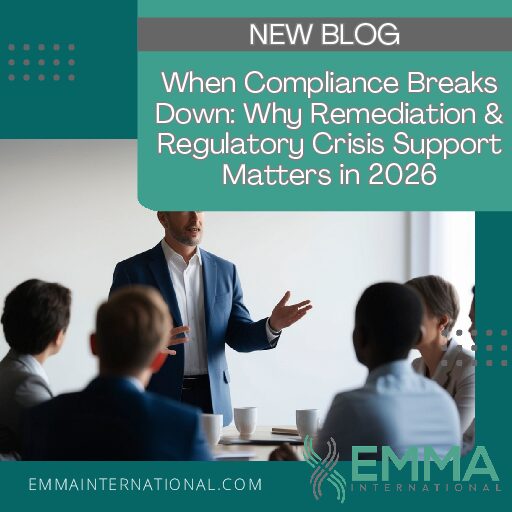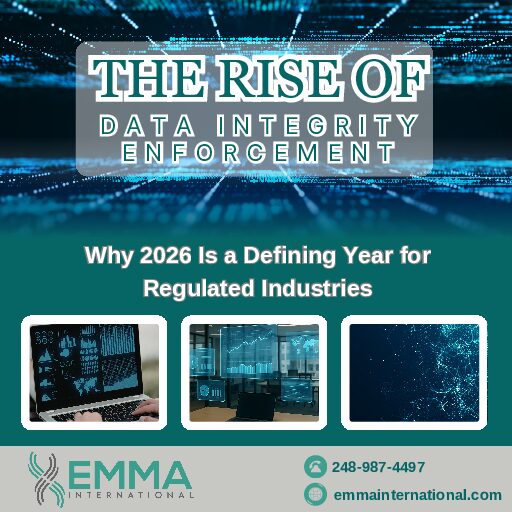A remote audit is a way of conducting an audit without being physically present. The overall goal is to evaluate and determine the extent to which the presented evidence complies with the audit criteria. While remote audits have become more prevalent in the past couple of years, they are still different than on-site audits and require different preparation.
- Technology Preparation: One of the most vital components of a virtual audit is technology. Ensuring the network has adequate bandwidth to support multiple people in an online meeting and that every participant is equipped with proper audio and video can help ensure the audit is not delayed due to technical issues. It is crucial that the auditor and auditee align with what platforms will be used for conferences and file sharing and then ensure that both parties are trained on how to use the determined platform.
- Team training and availability: All audit participants should be invited to meetings and can access the conference when needed. If there are scheduling conflicts, those should be discussed up-front and be minimized as much as possible.
- Agenda: As with on-site audits, remote audits require a detailed audit agenda and timetable shared with all participants. Although ad-hoc interviews are sometimes necessary, scheduling interviews in advance can reduce interruption.
- Auditor Access to the QMS: Most companies are not comfortable giving auditors access to their complete QMS, which is their prerogative. However, the auditor must be able to access the QMS documentation necessary for the audit scope, whether that is in files or through screen sharing.
- Documentation: This preparation may take the most time for a remote audit. All the necessary documentation must be ready to be shared on-screen on whatever platform was agreed to. If the auditee does not have an eQMS, this may mean scanning all relevant documentation into an electronic format for the auditor to review. Since scanning all documentation is incredibly time-consuming, it is essential to understand the scope of the audit. On the other hand, if you do not have a specific document scanned and the auditor asks for it, quickly finding, scanning, and uploading the document can be key in not delaying the audit.
As the remote working capabilities increase and remote audits continue to follow suit, it is essential to prepare for them differently than an on-site audit. Remote audits are indispensable for all life science institutions that comply with specific regulations and standards. By utilizing modern technology, companies have the ability to conduct audits from anywhere. EMMA International routinely conducts audits, both on-site and remote. For help with auditing processes or preparing for an audit from a notified body, contact EMMA International by phone at 248-987-4497 or by email at info@emmainternational.com.



